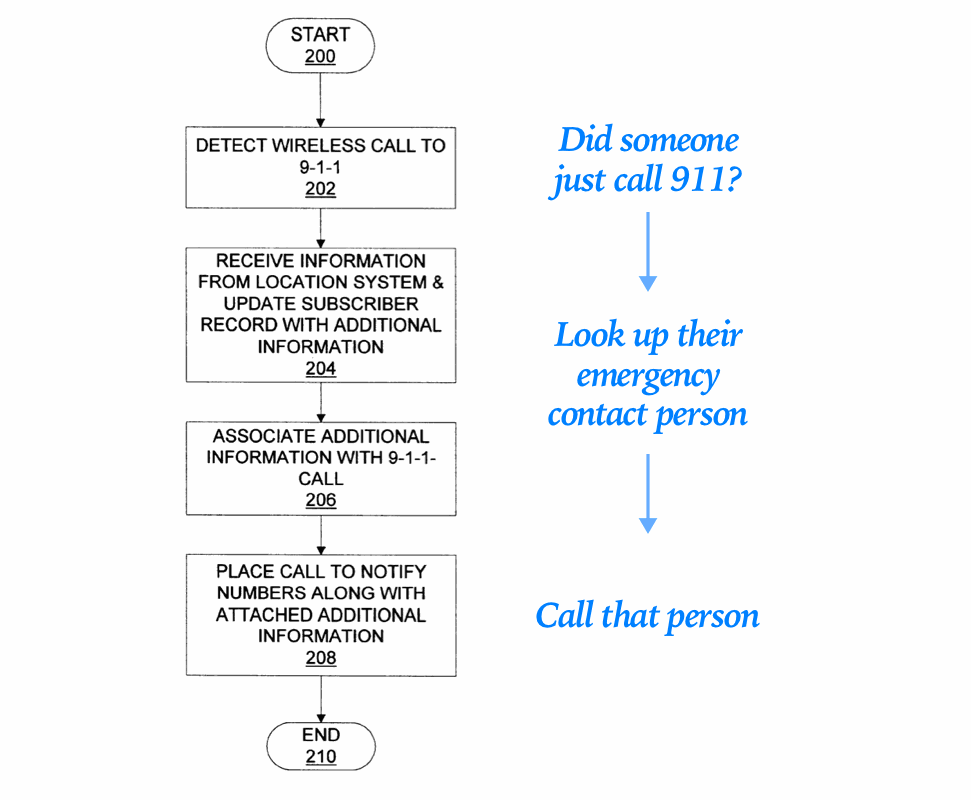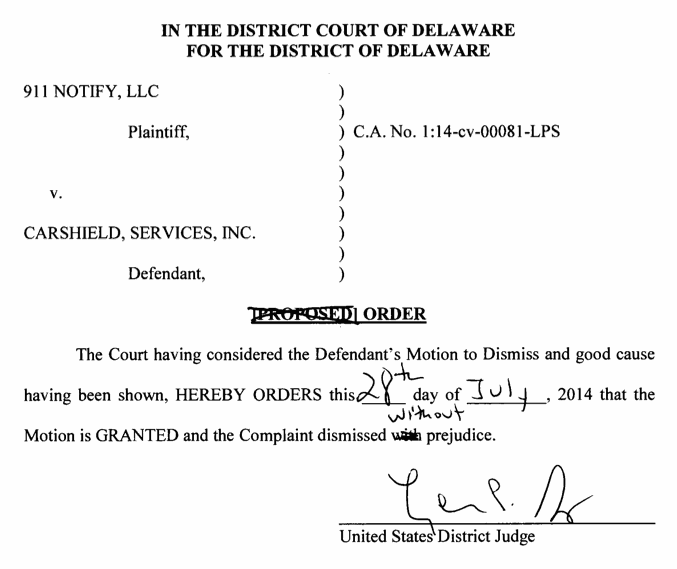My law students did great work last semester, winning a case against a patent troll and helping a connected-car startup get back to building its product. We hit the top of Hacker News and got lots of big tweets. Full article below.
Law Students Fend Off a Patent Troll: http://t.co/lcu795YfsS
— Paul Graham (@paulg) August 14, 2014Law Students Defeat a Patent Troll. — Patents & Technology Law — Medium http://t.co/kShOMBuH1w #fuckingawesome #cuboulderdothis!
— Brad Feld (@bfeld) August 13, 2014Awesome. Brooklyn Law Clinic students scare away a patent troll that claims to have patented "notifications" https://t.co/wABL2RKo36
— EFF (@EFF) August 13, 2014@TeachingAway I love how a student clinic can change the economics for patent troll cases. Very cool. https://t.co/t7mFep4f4k
— Matt Cutts (@mattcutts) August 14, 2014Brooklyn Law Clinic students scare away patent trolls http://t.co/Tf9x7Ssi0N pic.twitter.com/Fzy0eYHL7D
— Cory Doctorow (@doctorow) August 13, 2014Law Students Fend Off a Patent Troll.
How a handful of Brooklyn Law students forced a patent troll to drop a meritless lawsuit.
The engineers a connected-car startup were building trip-route optimization features in late January when a patent troll interrupted their work. This troll didn’t bother sending a demand letter, it just filed a lawsuit. No prior notification at all. This was particularly odd, as the plaintiff — 911 Notify, LLC — claimed to own a patent on notifications. The notification the startup did eventually receive was an offer to settle the lawsuit for $250,000. They were shocked.
Startups in this situation are trapped between a rock and a hard-place. They can either pay off the troll (unsavory) or defend the lawsuit (expensive). Many startups decide to hold their nose and pay the trolls. Everyone would prefer to defend the lawsuit, but not everyone can afford the cost of defense. This is why we started using law school clinics to do free legal defense. It’s a win-win arrangement: students cut their teeth on real litigation, startups get free legal defense, and patent trolls get nothing.
Brooklyn Law School’s BLIP clinic tried it last semester, and was fairly successful in getting a patent troll lawsuit dismissed. I’ll tell you a little about the clinic, the case, and how other law schools can do similar work.
The BLIP Clinic
Professor Jonathan Askin operates the Brooklyn Law School BLIP clinic like a law firm. Students sign up clients and perform basic legal work like forming companies, reviewing contracts and filing trademarks. Defending a patent lawsuit is not basic legal work. It’s risky, complex and involves hundreds of hours of legal research and writing.
BLIP was fortunate to have an exceptional student running the defense team. Maegan Fuller, a 3rd year student, organized the defense, wrote the briefs, and negotiated with the troll. BLIP also had Jorge Torres, a former litigator at Skadden and Fish & Richardson, providing informal guidance on high-level litigation strategy.
As the clinic advisor, I was the lawyer signing off on final drafts before filing them with the court.
The Patent Troll
The plaintiff is a shell company. I consider it a patent troll because it doesn’t seem to make anything, and it files lots of patent lawsuits. It filed ten last year and ten more this year. It targets huge public companies as well as startups.
The patent behind all these lawsuits is not particularly innovative. It claims something about sending notifications after an emergency phone call. Here’s the gist from one of the figures:

Legal Defense & Litigation Strategy
This was a straightforward case (as far as patent litigation goes) and we used a straightforward defense strategy. First, the clinic made it clear that our client was not an easy mark. CarShield was going to defend this case all the way to trial, and challenge the patent at every stage. While defendants always make these threats, our client had a free legal team to back them up.
Free legal support drastically changes a patent troll’s calculus. They win by offering to settle cases for less than the cost of the legal defense. It’s much cheaper for defendants to pay a troll $50,000 to settle a lawsuit than to pay lawyers $200,000 to win it. However, when a law school clinic is involved, the cost of legal defense drops to zero, and defendants have no incentive to pay trolls anything at all. With a free legal and a winning defense, who wouldn’t fight all the way to trial?
The clinic was also lucky. The Supreme Court issued 6 helpful patent decisions while our case was pending. In particular, Alice v. CLS Bank invalidated patents on taking mundane tasks and doing them on a computer. The patent in our case was basically for sending notification calls from a computer. Probably invalid under Alice. A second Supreme Court case, Octane v. Icon encouraged judges to impose “fee shifting” penalties in appropriate patent cases. Patent trolls are taking note. Our adversary seemed to get flustered whenever I mentioned these new cases.
The clinic filed its first motion, a “motion to dismiss for lack of jurisdiction” in late April. The motion basically argued that it was unfair to drag a California startup across the country to a Delaware court for a patent lawsuit, especially when the startup had never sold its products in Delaware. The motion was fully briefed by July, and we were preparing for oral argument.
The Students Win… Mostly
The students filed a persuasive motion. After reading it, and weighing the recent Supreme Court decisions, the troll simply dropped its case against CarShield. After months of dedicated work, the clinic students deserved a gavel-banging judicial decision in their favor. All they got was a quiet withdrawal. But I think we can still chalk it up in the win column. The case is dismissed (for now), the students learned real patent litigation skills.
With the lawsuit dismissed, CarShield can get back to doing what it loves, building technology to optimize the driving experience.

A Patent Litigation Clinic Model?
Running a patent litigation clinic isn’t easy, but our initial model seems to be working. I’m sure there’s room to improve it over future iterations. Here are the basic ingredients:
- A clinic director willing to get involved in complex litigation.
- A handful of 3rd year law students ready to sink most of their time into the defense. I think a small team of dedicated students is better than a big team of distracted students.
- A handful of 2nd year law students ready to take up the torch when the third-year students graduate.
- Practicing patent litigators willing to review, edit and sign court filings.
- Startup founders willing to take a principled stand against frivolous patent litigation, and willing to trust law students with the fate of their company.
Running a patent litigation defense clinic is not easy, but its possible, and its a worthwhile project. Patent trolls hurt innovation, and law students can help stop them.